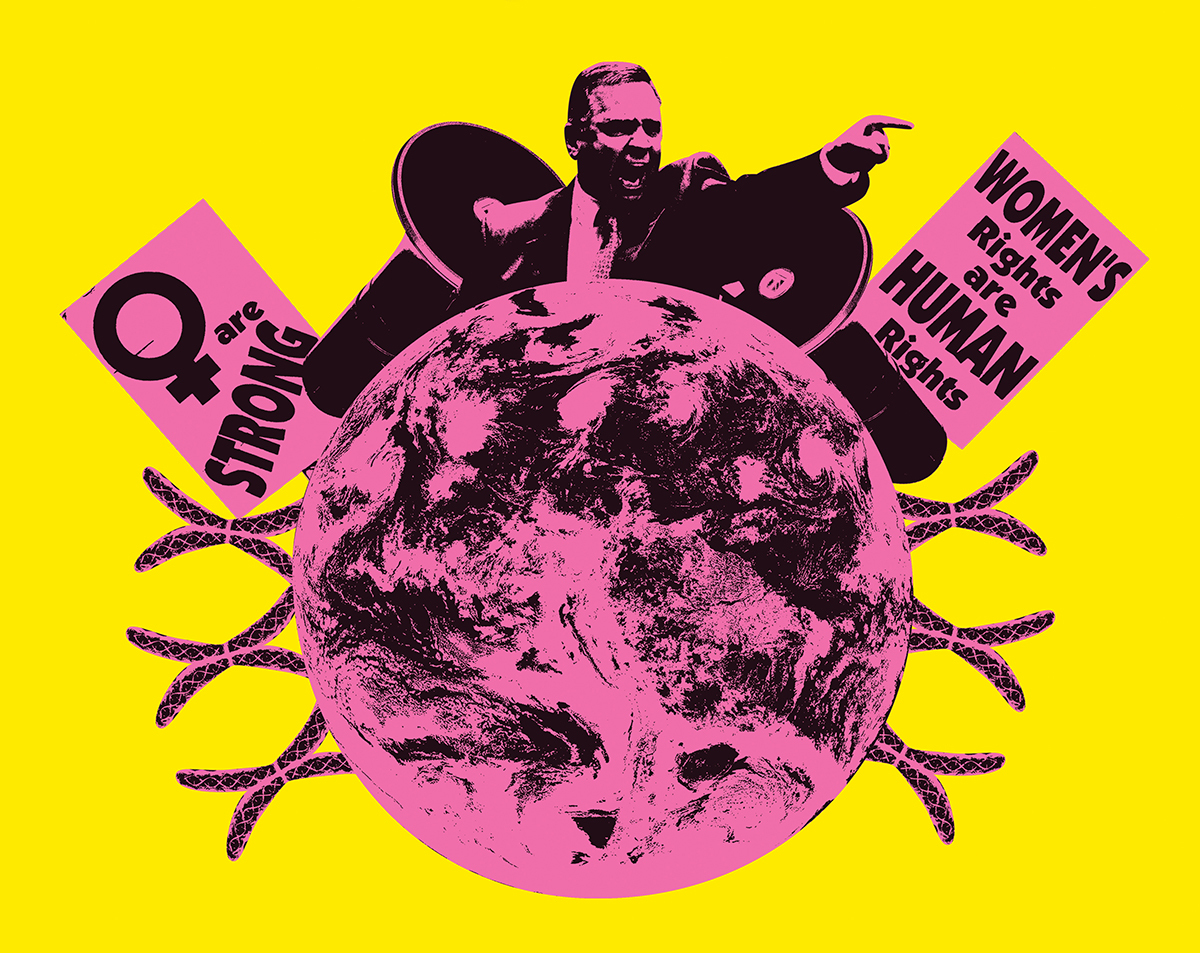While Portland prepares itself for the 2020 election year to vote in a new round of government officials, the city’s system of government itself may be subject to change this year, thanks to a renewed interest in the city’s unique commission system.
While the commission system flourished in United States cities during the progressive reforms of the early 20th century, it has been replaced in most major cities for more favorable systems of government. Portland is the last city with a population greater than 100,000 to use this format and has not changed it since it was first approved by voters in May of 1913.
However, in February of 2019, the local advocacy group City Club of Portland approved its year-long research project on the commission system, recommending that it be changed. According to the City Club website, Portland’s current system of government fails in a number of ways, including that it fails to provide equitable representation and results in poor bureaucratic performance.
Currently, Portland’s government consists of one mayor and four commissioners who collectively make up the city council—voted into office by the city as a whole so that no one person represents a specific district of Portland. The five members meet weekly to convene at city council, writing and passing laws to govern the city but also serve administrative duties as the heads of the city’s numerous bureaus.
Most other large cities, on the other hand, use either a city manager or mayor-council system of government. While every city varies slightly, the city manager style generally has a city council that oversees policy and a city manager in charge of daily administrative duties, according to the National League of Cities. In a mayor-council system, the mayor is elected separately and retains administrative powers, while the council continues legislative work.
Professor Richard Clucas, who teaches Oregon Politics at Portland State, had more information on what makes Portland’s government unique.
“The commission system of government is distinct, because the people who serve on the city council not only serve the council, but individually, the members oversee particular parts of the bureaucracy to actually run them,” he said. “They’re in charge of those parts of the democracy…That’s really the distinction, [that] council members are in both branches of government simultaneously; They serve in the legislative branch of writing the laws and overseeing the bureaucracy, yet they are also the bureaucrats themselves.”
Having elected individuals with multiple roles was originally a positive of the commission system when it was first used, according to Clucas, as it can make the council more efficient, especially during times of crisis that require quick action from city officials.
This, however, has also become a negative of the commissioner system. According to Sean Green, vice chair to the Northeast Coalition of Neighborhoods and a PSU alumni, it’s stretching the commissioners too thin.
“We have our elected officials both trying to develop and refine policies and law while also trying to run a bureaucracy and while also trying to do constituent services.” Green said, “I feel like they’re trying to do so many different things; they’re not able to do all those well.”
Reallocating the responsibilities of elected officials is one of the main recommendations the City Club of Portland would like to implement, as well as changing the commission form of government to a system with a city manager handling administrative duties. If this change were to be implemented, Portland would still have a city council controlling policy—however, the city club also recommends changing council elections themselves to be district based.
The appeal of at-large elections is to hold potential politicians accountable to the entire city rather than appealing only to their respective district. However, this also makes it difficult for candidates to campaign across the whole city without the resources to do so, and consequently makes it more difficult for candidates from underrepresented groups to run for office, according to the City Club’s report.
While commissioners are expected to represent the whole city, constituents with district specific concerns might not know who to approach.
“If you form districts, the benefit one is going to get, is that it’s clear who’s there to provide constituent services to you,” Green said. “Because right now, it’s not clear. If you have an issue related to something in the city, it’s not clear who you should reach out to help resolve that.”
Entering an election year, there are multiple opportunities for the government to be changed. November will be the first election since the City Club’s report, and council candidates such as Candace Avalos, the Greek life and student government advisor at PSU, have included a change to Portland’s government as part of their campaign.
“Portland is the last U.S. city with over 100,000 residents to still have a commission form of government, where commissioners are not only responsible for overseeing the day-to-day
functions of our bureaus, but are assigned arbitrarily by the mayor,” she stated in her official campaign platform. “We deserve to elect members of our own unique community that understand the lived experiences of our neighbors and can bring new diverse voices to the table where crucial decisions are being made for our future.”
On the other hand, Green has begun work on creating two non-profit groups, “Society for Positive Change” and “Society for Positive Change for Political Action,” whose first goal will be to get the Portland’s government on the 2020 ballot.
Regardless of when the change may happen, Portland will continue to hold the title as the last major city to continue using the commission style of government. No matter the outcome, it will still keep Portland weird.






